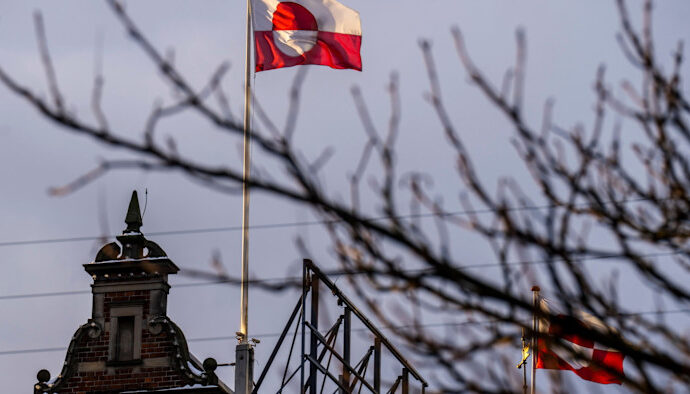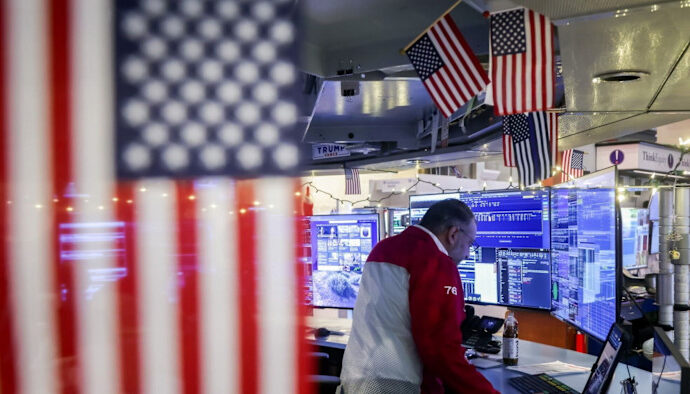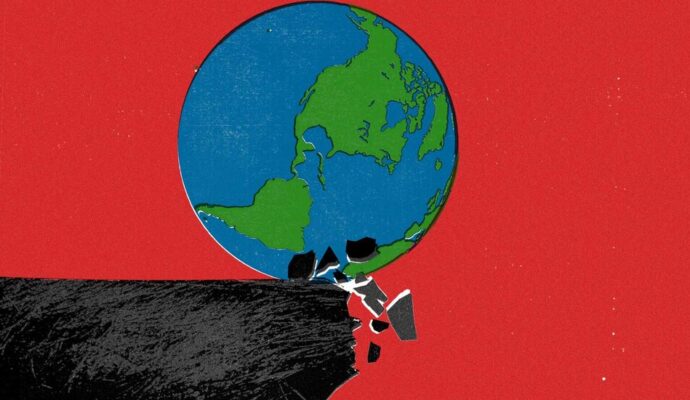Unlock the Editor’s Digest for free
Roula Khalaf, Editor of the FT, selects her favourite stories in this weekly newsletter.
China is warning western companies against stockpiling rare earths or risk even greater shortages, as Beijing tightly controls supplies of the metals vital to electric vehicles and other civilian and defence sectors.
China has told foreign companies not to hoard rare earths and their products, which are mostly magnets used in electric motors and other critical tech, as fears about Beijing’s export curbs drive up demand, according to two people familiar with the matter.
“Beijing is telling companies they cannot go out and build huge inventories in rare earths, or they will face shortages,” one of the people said.
The other person familiar with the matter said Chinese authorities were deliberately limiting approved export volumes to prevent foreign stockpiling. “This will be a leverage point from now on,” they said.
China dominates the production of rare earths, processing about 90 per cent of the world’s supply and making 94 per cent of permanent magnets. It has weaponised that control over the vital industry in the trade war with the US.
Beijing’s efforts to prevent companies from building up large inventories, which would give them more flexibility to respond to shortages and price fluctuations, shows its determination to maintain maximum leverage in a sector, the people said.
China placed seven categories of medium and heavy rare earths on an export control list in April in response to US President Donald Trump’s “liberation day” tariffs. That move, which also covered permanent magnets and other finished products, triggered shortages across a range of industries, particularly automobiles.
While Washington and Beijing agreed another 90-day extension in their tariff truce this week, China’s rare earths controls remain an important part of the negotiations.
“This is still definitely an issue,” said one person familiar with the talks.
Beijing controls the output of rare earths through mining and processing quotas. Only two state-owned companies were allocated quotas last year.
China has allowed the flow of rare earths to partly resume after US and European officials and companies complained that the controls had led to shortages. But trade data and surveys show Beijing is still tightly managing exports.
According to a survey by the US-China Business Council carried out last month, half of polled member companies said most of their applications for rare earths had been left pending or were rejected.
China exported 3,188 tonnes of rare earth permanent magnets in June, more than double export volumes in May, but down 38 per cent from a year earlier. In the three months to June — since Beijing enacted the trade restrictions — magnet exports were about half the level by volume in the same period last year.
The USCBC report said that large orders, especially a surge “higher than the applicant’s historical averages, attracted greater scrutiny to protect against perceived stockpiling”.
“Applications are also reviewed line by line,” it added. “Any discrepancies can result in the delay or return of the application.”
People involved in the application process said that, with longer wait times, industry associations and business lobbies were frequently raising those with most urgent needs to China’s commerce ministry, which then generally sped up reviews for companies at the top of the list.
China’s commerce ministry did not respond to a request for comment.
The problem has led some western companies to shift production of finished products to China — a result that suits Beijing as it seeks to increase control of the supply chain.
Louis Pinkham, chief executive of US-based motor maker Regal Rexnord Corp, said the company had moved some production to China in order to assemble rare earth magnets into products in the country and ease their export.
“For the last four months, I have been on one or two calls every week, working with our teams to manage this situation,” he said on a call with analysts last week. “There is no question that this is not a great use of time.”


